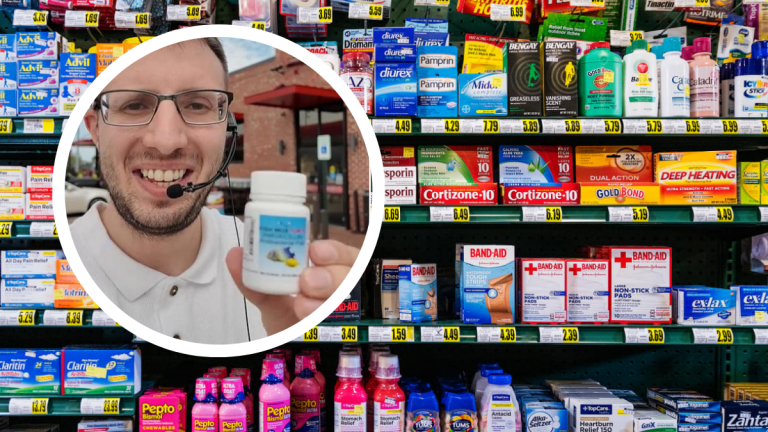Medications are expensive, so everyone shopping at their local pharmacy hopes the ones they purchase will be effective. However, some drugs are not as effective as they are marketed to be. Some medications are misleading and will not successfully cure you of your ailment or relieve your agony. Dr. Grant Harting, a licensed pharmacist, spoke out about some of the most popular over-the-counter (OTC) drugs that are overpriced and ineffective. In this article, we will dive into these misleading medications that the pharmacist called a “scam.”
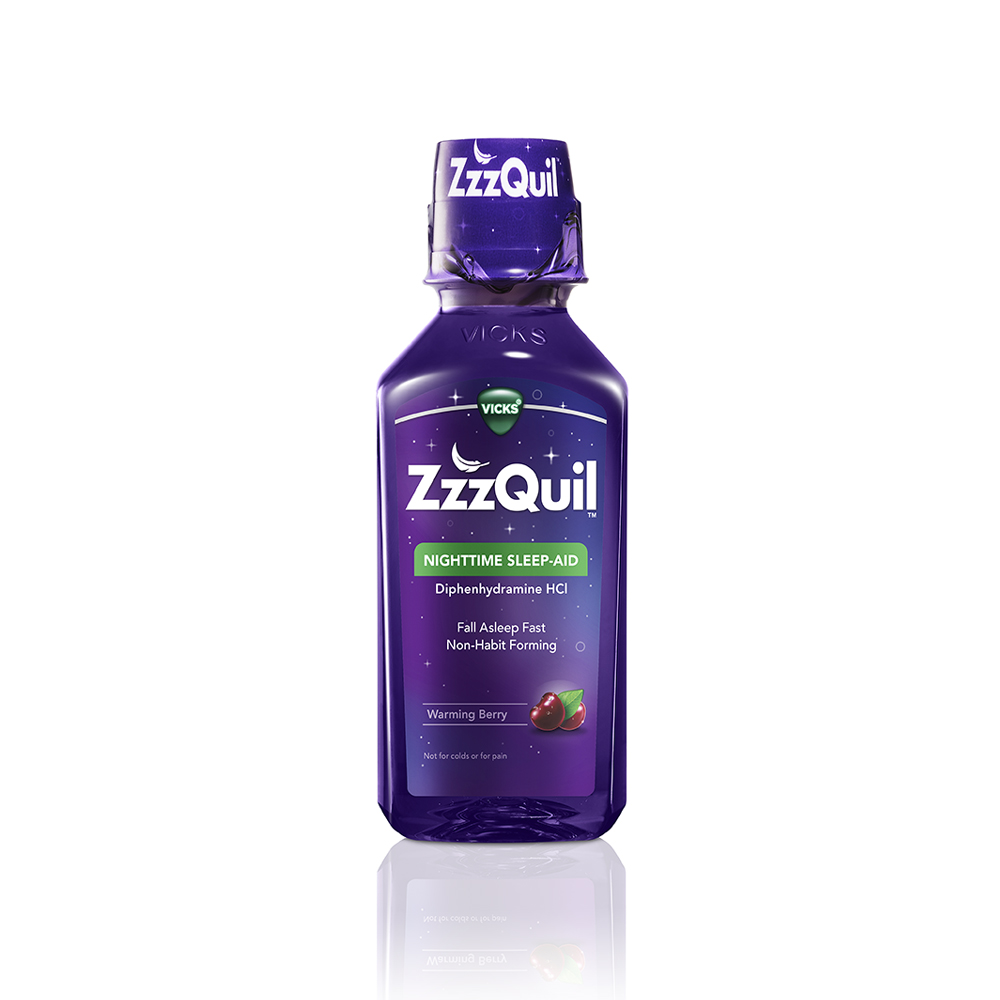
1. ZzzQuil: A Sleep Aid in Disguise
ZzzQuil is a popular medication that should assist with sleeping. However, ZzzQuil is not a good long-term solution for persons who have sleeping issues. This drug, manufactured by the makers of DayQuil and NyQuil, promotes sleep by making you feel drowsy from the diphenhydramine it contains. Diphenhydramine is an antihistamine mostly used for allergies.
While you may initially feel drowsy, you will find it less effective over time because your brain quickly adapts to antihistamines. Therefore, you may want to skip this costly medication and choose a cheaper generic alternative that is more effective. Generic versions can be found at dollar stores or pharmacy house brands. You can also practice proper sleep hygiene to improve your sleep without drugs.
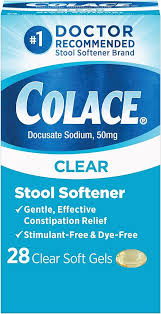
2. Colace: The Questionable Stool Softener
Second on the list of the biggest scam medications is Colace, which is marketed as a stool softener. This drug contains the active ingredient docusate, which is used to treat constipation. However, the American Journal of Gastroenterology highlighted its ineffectiveness in research. The research compared docusate to a placebo when treating constipation and found no significant difference.
Dr. Harting recommended avoiding this medication and trying fibre supplements with psyllium husk, such as Metamucil or Benefibre. These support gut health, which will lead to regular bowel movements.
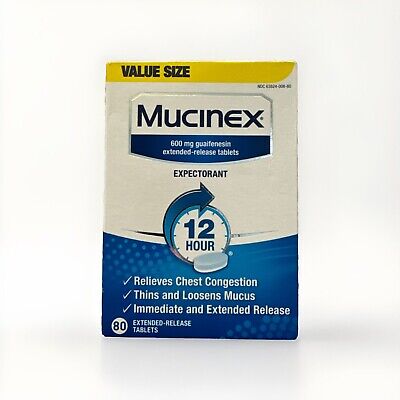
3. Mucinex: The Overpriced Mucus Fighter
Mucinex is a costly medication for easing coughs and thinning mucus, but it is ineffective. This drug, containing the active ingredient guaifenesin, barely has any benefits over a placebo when treating respiratory infections.
Dr. Harting discouraged using this medication and recommended individuals with congestion choose a saline nebuliser or an affordable generic alternative. In severe cases, individuals can consult their doctors about effective prescription-only treatments.
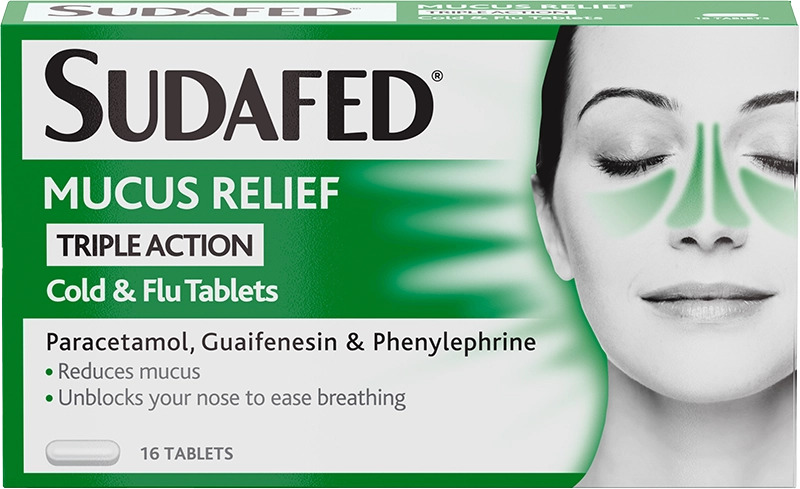
4. Sudafed: A Cough and Cold Medicine that Falls Flat
While Sudafed has been a pharmacy staple for years, it is not a very effective drug. Sudafed is a medicine for cough and cold. However, the Food and Drug Administration (FDA) recently revealed that the phenylephrine in Sudafed to treat these conditions is barely more effective than a placebo. This is due to only insufficient quantities reaching the bloodstream.
Individuals with cold and cough symptoms can ask the pharmacist about pseudoephedrine-based products. While these drugs require identification to purchase them, they are more effective. However, these medications are not suitable for people with hypertension because the pseudoephedrine can raise blood pressure.
Why These Medications Fall Short
While the medications highlighted by Dr. Harting in a report from the Daily Mail are not harmful to take, they are costly and barely effective. Purchasing these drugs can lead to you frequently visiting the pharmacy or doctor and ultimately wasting money. Drugs are often marketed as the next best thing, but they do not always live up to their promises.
Misleading advertisements overshadow their efficacy. It is always best to explore generic alternatives and speak to your doctor or local pharmacist about the most effective drug alternatives. You can save money when you do research into the drugs you plan on purchasing. Practice being an informed customer by reading labels and consulting reliable sources. By doing this, you can prevent purchasing “scam” medications that impact your wallet more than your health.

